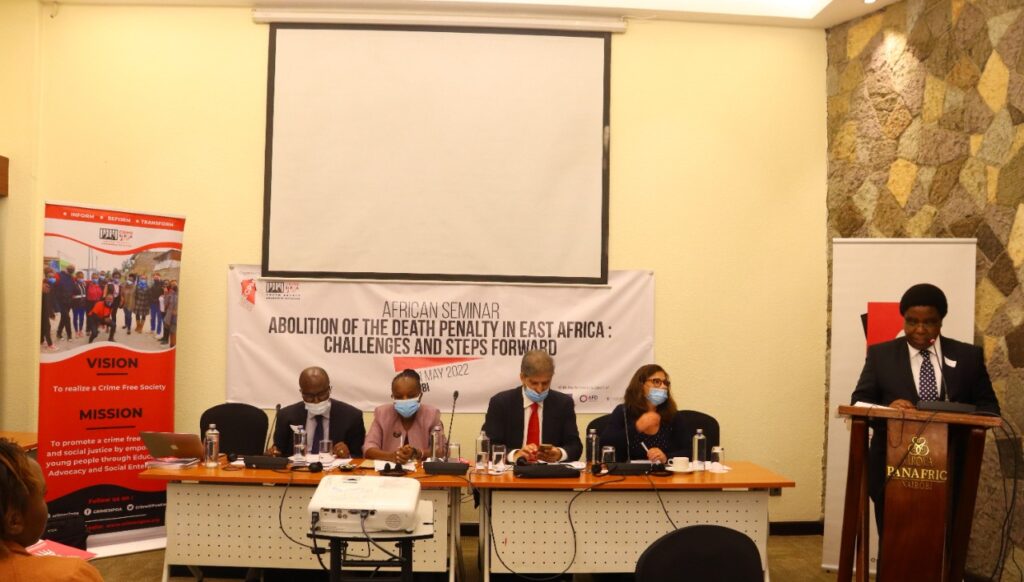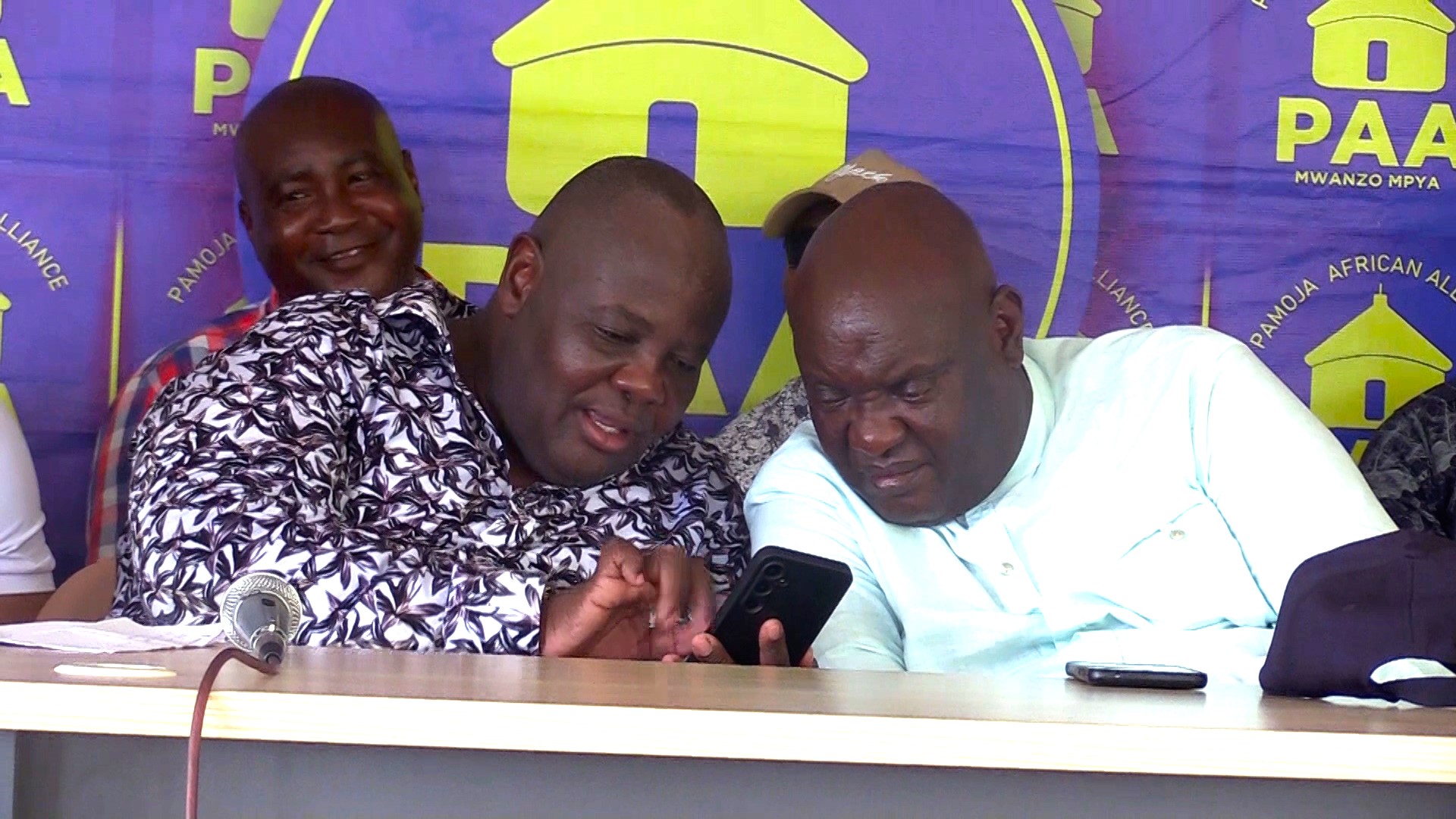Human Rights Defender Now Want Death Penalty Abolished

By Martin Masinde
Human rights defenders have put a spirited pressure on governments to abolish the death penalty.
In a workshop themed African Seminar on the abolition of the death penalty happening in Nairobi, the Ambassador of the European Union in Kenya Henriette Geiger observed that some countries are still convicting offenders to death penalty.
“Universal Declaration of Human Rights The Universal Declaration of Human Rights (UDHR), adopted by the UNGA in December 1948, recognizes each person’s right to life (Article 3) and categorically states that “No one shall be subjected to torture or to cruel, inhuman or degrading treatment or punishment” (Article 5).”
The forum observed that In the last five years, apart from Congo (Republic of), Madagascar, Benin and Guinea that abolished the death penalty for all crimes, other countries have made important strides towards full abolition. In 2016, Chad adopted a revised Penal Code which abolished the death penalty except for “terrorism”.
In 2017, the Supreme Court of Kenya abolished the mandatory death penalty for murder. In 2018, Burkina Faso abolished the death penalty for ordinary crimes only and Gambia moved closer to fully abolishing the death penalty by establishing an official moratorium on executions and becoming a party to the Second Optional
Protocol to the International Covenant on Civil and Political Rights, aiming at abolishing the death penalty (ICCPR-OP2). Sixteen African countries have now ratified this global abolitionist treaty.
There is real potential for more countries in Africa to abolish the death penalty. Therefore, the work of activists is crucial in the drive towards abolition across the continent.
Gilbert Sebihogo who is the Executive Director of the Network of National Human Rights institutions said “ We are working consistently and relentlessly to support the establishment and strengthening of the NHRI’s so that they can effectively play their dual role of advisor and watchdog to governments in enhancing the promotion and protection of human rights in Africa including on abolition of the death penalty.”
Gilbert continued, “The death penalty remains to be one of the most egregious human rights violations of our time. It is unconscionable for a society to contemplate that it can deliver justice by taking away life.”
The Chairman of Crime si poa Wilfred Nderitu observed that there is no definite conclusion or general pattern that can be discerned from the enforcement of the death penalty.
“on the contrary, it has been argued that in fact, meting out the death penalty is no deterrent. Many countries in the Western World which do not have the death penalty in their statutes have relatively much lower rates of murder than countries that continue to recognize the death penalty, mandatory or non- mandatory as a lawful sentence.”






